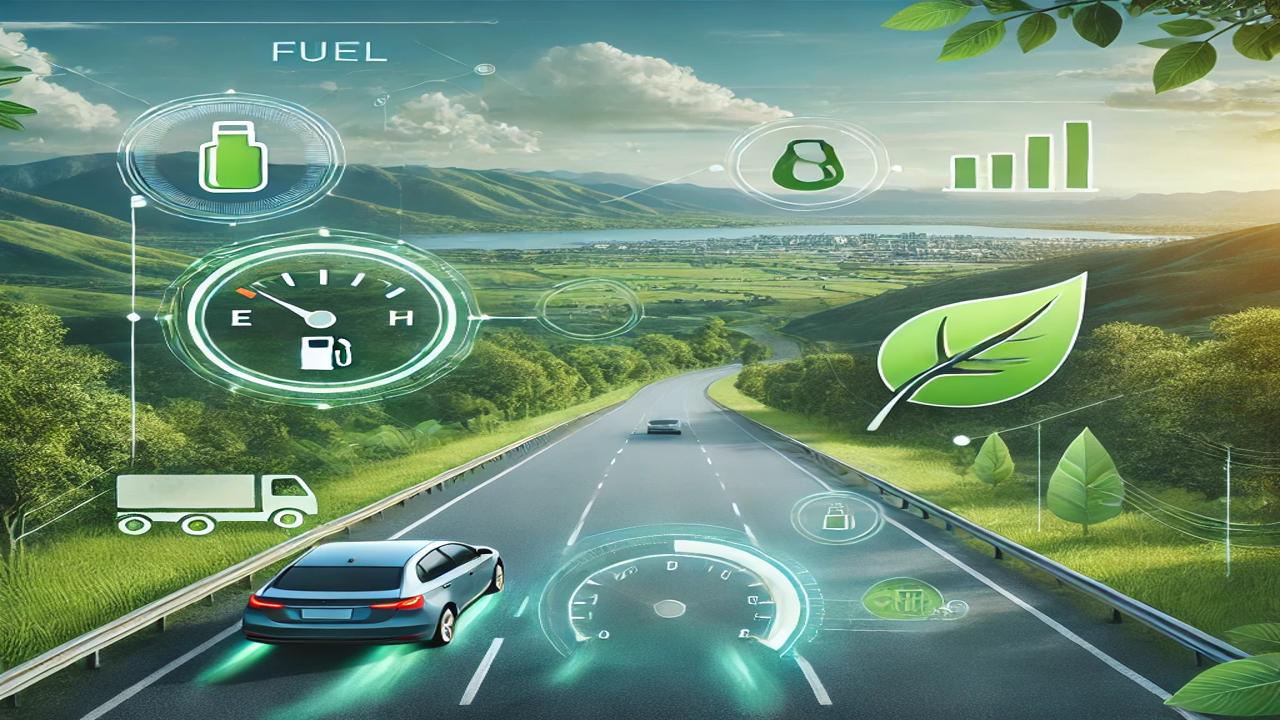7 Tips for More Economical Fuel Consumption

With the rising fuel prices, making fuel savings has become more important for drivers. For both environmentally friendly driving and more affordable journeys, adopting habits that make your fuel consumption more efficient will be beneficial. Here are 7 tips to reduce your fuel consumption:
-
Drive at a Constant Speed Sudden accelerations and harsh braking lead to excessive fuel consumption. Driving your car patiently and minimizing speed changes helps reduce fuel consumption. Avoid sudden increases in speed and try to maintain an average speed for the best fuel efficiency.
-
Don’t Keep the Engine Running Unnecessarily When waiting in traffic for a long time, turning off the engine can save fuel. If you need to stop at traffic lights or in parking lots for an extended period, turn off the engine instead of keeping it running. Modern vehicles don't consume much fuel when restarting the engine, so make it a habit to turn off the engine during short stops.
-
Avoid Low Gear Usage Driving at high revs in low gear increases fuel consumption. Using higher gears based on your car's speed allows the engine to work at lower revs, improving fuel efficiency. Avoid driving in low gears on flat roads.
-
Reduce Weight Carrying unnecessary weight in your vehicle requires the engine to use more power, which leads to higher fuel consumption. Removing items you don’t need, especially heavy loads, from the trunk can help save fuel. Also, make sure to use only the essential cargo space in your vehicle.
-
Check Tire Pressure Low tire pressure makes it harder for the vehicle to maintain traction, causing the engine to work harder and thus consume more fuel. Regularly check your tire pressure. By maintaining the manufacturer’s recommended tire pressure, you can reduce fuel consumption and extend the life of your tires.
-
Perform Regular Vehicle Maintenance Regular maintenance is essential for your vehicle’s engine performance and fuel efficiency. Changing the engine oil, cleaning the air filter, and checking the spark plugs ensure that your car runs more efficiently. A well-maintained car consumes less fuel and saves you money in the long run.
-
Reduce Aerodynamic Resistance Unnecessary items or accessories on your vehicle increase aerodynamic resistance and fuel consumption. For instance, roof boxes or bike racks add resistance from the wind. Attach these accessories only when needed, and avoid carrying them unnecessarily.
Conclusion: Reducing fuel consumption not only saves your budget but also benefits the environment. By following the tips above, you can make your driving habits more efficient and experience more economical driving. Remember, small changes can make a big difference!










